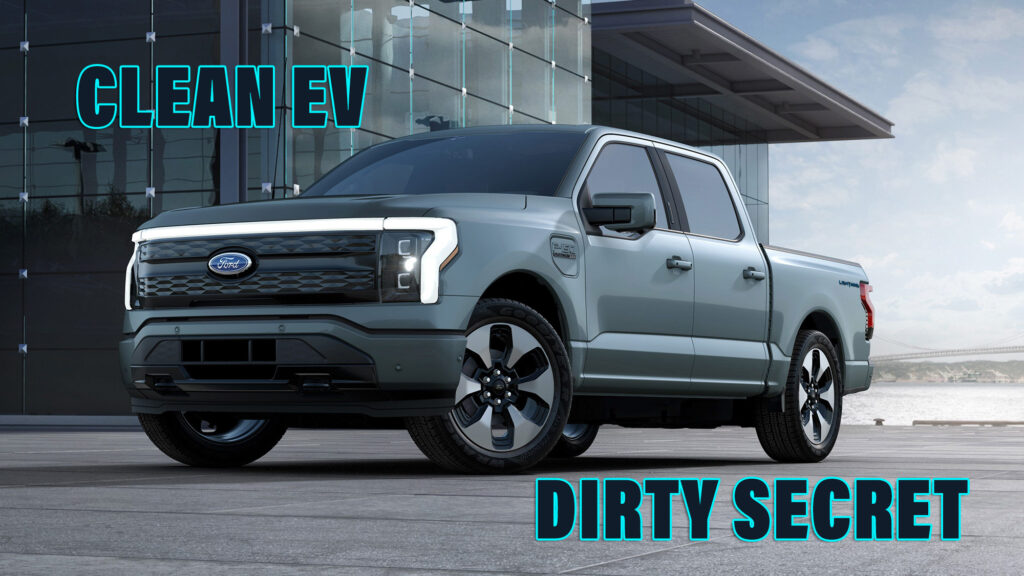Ford’s F-150 Lightning electric truck spews no nasty tailpipe gases into the air, meaning it should help create a healthier environment for your family and your local community. But mining the aluminum used in that truck is allegedly causing serious health problems for another community thousands of miles away in Brazil.
Now a class-action lawsuit representing 11,000 people living near the Hydro Alunorte refinery in Barcarena hopes to hold the plant and its owners accountable for the consequences of the toxic waste the plaintiffs say is contaminating the region’s water supply. The suit alleges that the refinery – the world’s biggest outside China, according to the company’s website – has released trace amounts of aluminum and other metals into the local environment leading to people developing various illnesses including cancers and birth defects.
Ford doesn’t own the refinery; it belongs to the Norwegian company Norsk Hydro. But a Bloomberg investigation traced aluminum used in the F-150 back to the Brazilian plant via a convoluted path that includes a parts manufacturer in Pennsylvania and a smelter in Canada. Like many automakers, Ford has switched to the benefits of using aluminum in the construction of some of its vehicles. The material was already popular among luxury cars for its ability to reduce overall vehicle weight and that need has only grown with the arrival of EVs with heavy battery packs. Each F-150 Lightning contains 682 lbs (309 kg) of aluminum compared with around 500 lbs (227 kg) in the average U.S. car, the report states.
Related: Ford Confirms F-150 Lightning EV Production Stopped Over A Battery Fire

Though the mine that gouges the bauxite mineral from the earth has been previously accused of environmental harm, it’s specifically the refinery that converts the bauxite into alumina, which is then turned into aluminum, that’s under the spotlight in this case. Tests on rivers and streams close to the site have found levels of toxic materials 57 times above safe levels and one resident was discovered to have 175 times the safe limit for aluminum in her hair and 81 times the limit in her blood. Norsk Hydro refutes the allegations and has until March 8 to respond officially.
The story is an unfortunate black mark on the green credentials of Ford’s EV truck, and a reminder that there’s more to calculating a vehicle’s impact on the planet than simply looking at its tailpipe emissions.
“Ford is committed to a supply chain that exceeds minimum regulatory compliance requirements and respects human rights, including the right to clean air and clean water,” a spokesperson for the automaker told Bloomberg when contacted for a comment.




